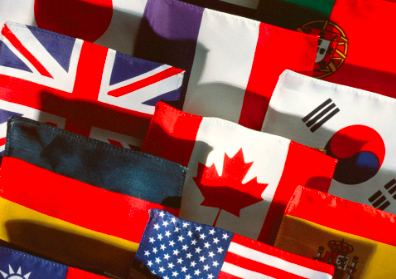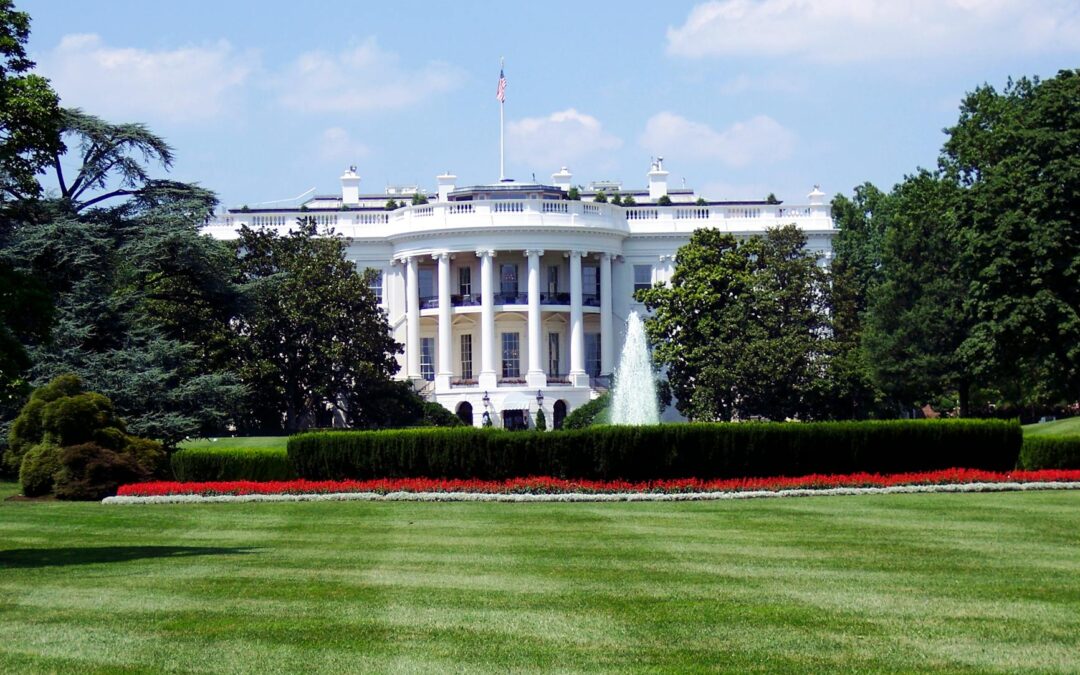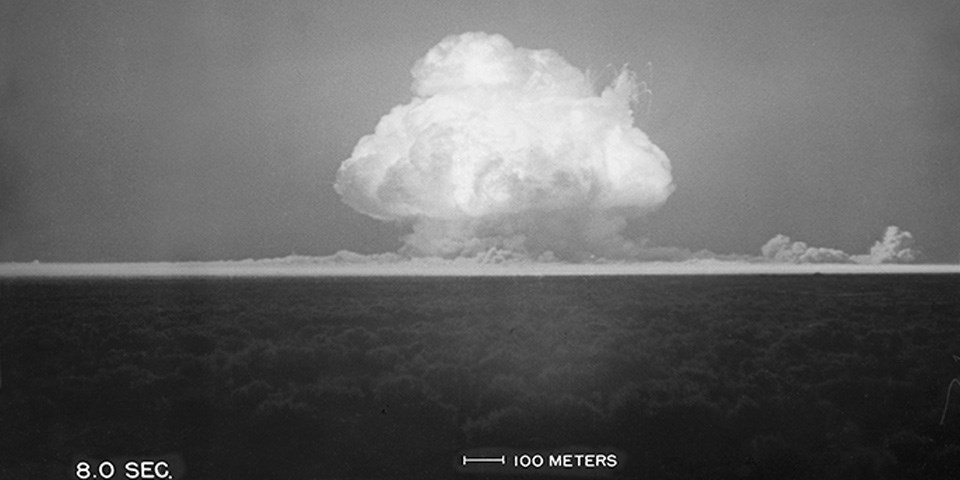I’ve been wanting to write this post for some time. But every week just brings more bad news. More terrible examples. In November last year, the Dutch government almost collapsed over racist remarks made by one of the coalition government ministers....









